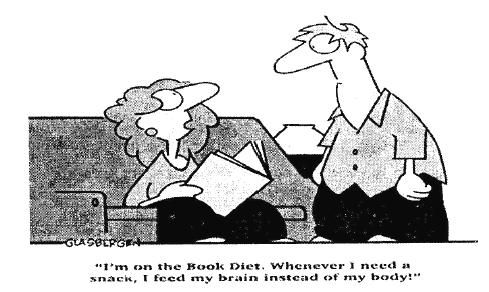题目内容
【题目】假定英语课上老师要求同学们交换修改作文,请你修改你同桌写的以下作文。文中共有10 处语言错误,每句中最多有两处。错误涉及一个单词的增加、删除或修改。
增加:在缺词处加一个漏字符号(∧),并在其下面写出该加的词。
删除:把多余的词用斜线(\)划掉。
修改:在错的词下划一横线,并在该词下面写出修改后的词。
注意:1.每处错误及其修改均仅限一词:
2.只允许修改10处,多者(从第11处起)不计分。
Last week, I had a argument with my best friend. All of us went home with anger, After finishing dinner, I began to do my homework. Sudden, my stomach hurt badly. My parents took me the hospital immediately. The doctor said I eat unclean food and I needed to stay in the hospital for two days, that made me feel worse and worried about my lessons. To my surprised, my best friend came to see me. She was so worried about me and helped me about my lessons. We understood it each other better and were back together. Now I have realized
that friendship is very importance to me.
【答案】
【解析】本文是一篇记叙文。主要讲述了作者和好朋友吵架了,随后生气回到家。在做作业的时候作者突然胃疼,父母只好送她去医院,这使得作者心情更糟糕。没想到作者的好朋友这时来医院看望她,随后两人和好,作者也意识到友情的重要性。
1.在元音前不定冠词a要变成an。故将a改为an。
2.此处只涉及到作者和朋友两个人,而all是指三人或三人以上。故将All改为Both。
3.“突然”,suddenly副词表状语。故将sudden改为suddenly。
4.take sb. to some place带某人到某地。故加to。
5.本文是讲述过去发生的事,所以用过去时态。故将eat改为ate。
6.非限制性定语从句用which作连接词不能用that。故将that改为which。
7.to one's surprise固定搭配,意为令某人惊讶的是。故将surprised改为surprise。
8.help sb. with sth.帮助某人做某事。故将about改为with。
9.“我们更好地理解了彼此”,it是多余的。故将it去掉。
10.“友谊对我十分重要”,所以此处应用形容词形式。故将importance改为important。

 课堂全解字词句段篇章系列答案
课堂全解字词句段篇章系列答案 步步高口算题卡系列答案
步步高口算题卡系列答案 点睛新教材全能解读系列答案
点睛新教材全能解读系列答案









